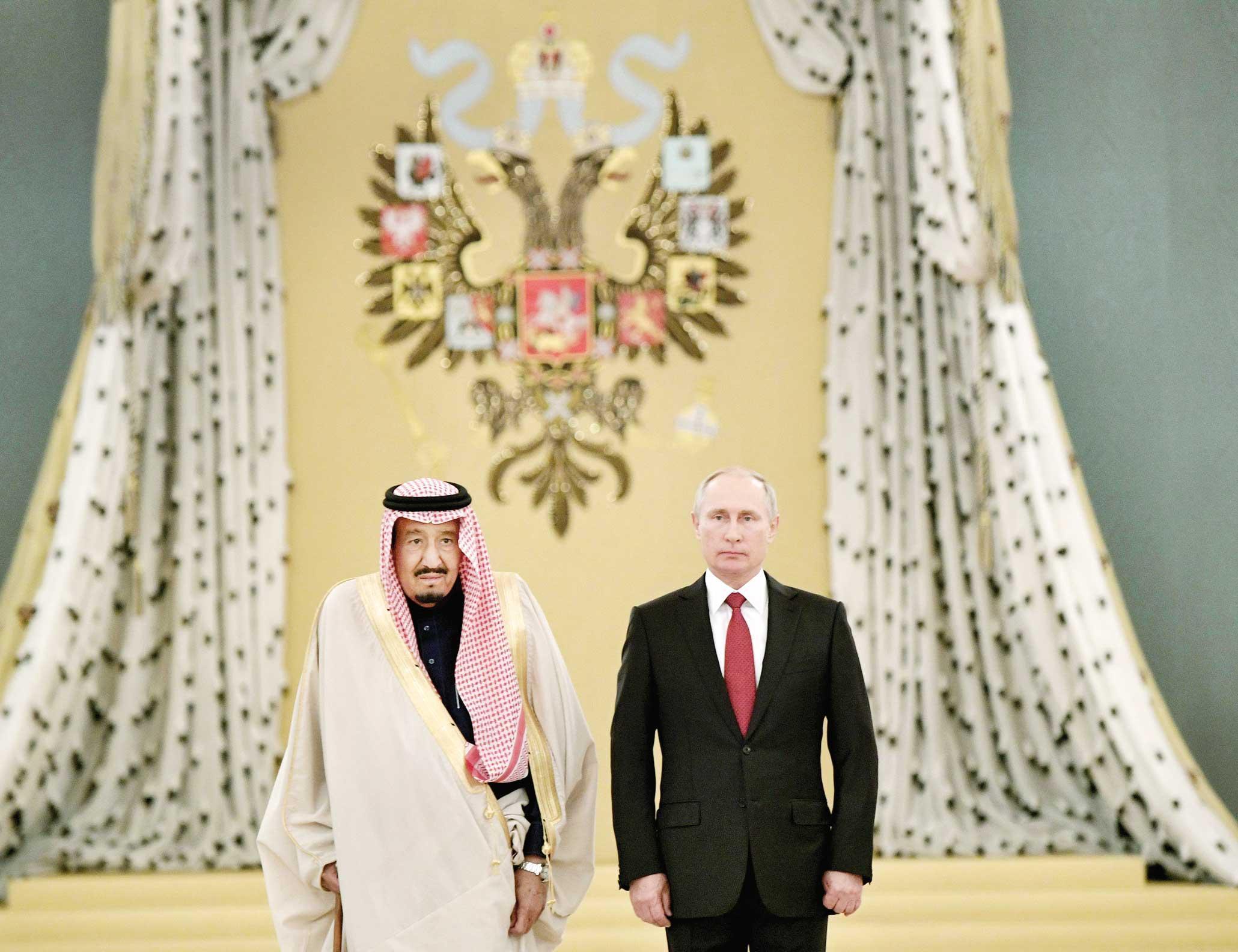Saudis reconsidering speed of austerity plan as economy slumps: IMF

Saudi Arabia has told the International Monetary Fund that it is reconsidering the speed at which it imposes austerity steps to avoid slowing the economy too much and boosting unemployment, the IMF said on Oct. 5.
“The authorities indicated that they were considering the appropriate pace of fiscal adjustment given the weak growth,” the fund said in a report on its annual economic consultations with the
kingdom.
Riyadh has been cutting spending while raising taxes and fees to curb a huge state budget deficit caused by low oil prices. Last December it published a plan to eliminate the deficit, which was a record $98 billion in 2015, by 2020.
The deficit is shrinking but at a high cost to the economy: data released this week showed Saudi Arabia in recession during the second quarter while the non-oil sector expanded only 0.6 percent from a year earlier. Consumer prices are falling and unemployment among Saudis has edged up to 12.8 percent.
Riyadh is therefore using the deficit-cutting plan as “broad guidance” but will review and update its targets at regular intervals in response to economic and social conditions, the IMF said.
“They saw merit in pushing ahead quickly with the fiscal reforms, particularly as they felt the compensation mechanisms they were developing to support households and businesses would limit the economic impact, but agreed that it is very important to monitor growth and employment and adjust the timing of reforms if needed.”
The IMF has long been urging the government to slow its austerity drive to avoid damaging the economy, and it suggested in the Oct. 5 report that Riyadh could safely delay balancing the budget until 2022.
“The strong fiscal buffers, the availability of financing, and the current cyclical position of the economy mean that rapid fiscal consolidation is neither necessary nor desirable.”
However, the IMF said it had not so far succeeded in convincing Riyadh to delay domestic fuel and water price hikes set out in the deficit-cutting plan. Saudi officials think a fast pace of hikes will make them easier to introduce, the fund said without specifying when the hikes would happen.
The IMF also said Riyadh was considering whether to impose additional fees and charges on the public, mostly aimed at luxury goods consumption or to recoup some of the cost of state services. The fund said it worried such proposals could distract the government from more important reforms.
The government is preparing aid for private sector businesses, and the IMF’s report said this would take the form of state spending on strategic industries combined with streamlining business regulations.
The financing of this package is still being worked out but it is likely to include loans from state development funds and cost between 1.5 and 2 percent of gross domestic product annually between 2017 and 2020, the IMF said.
To guide its deficit-cutting, Riyadh has begun working with the World Bank on a public expenditure review that could help to make spending more efficient, it added.
















